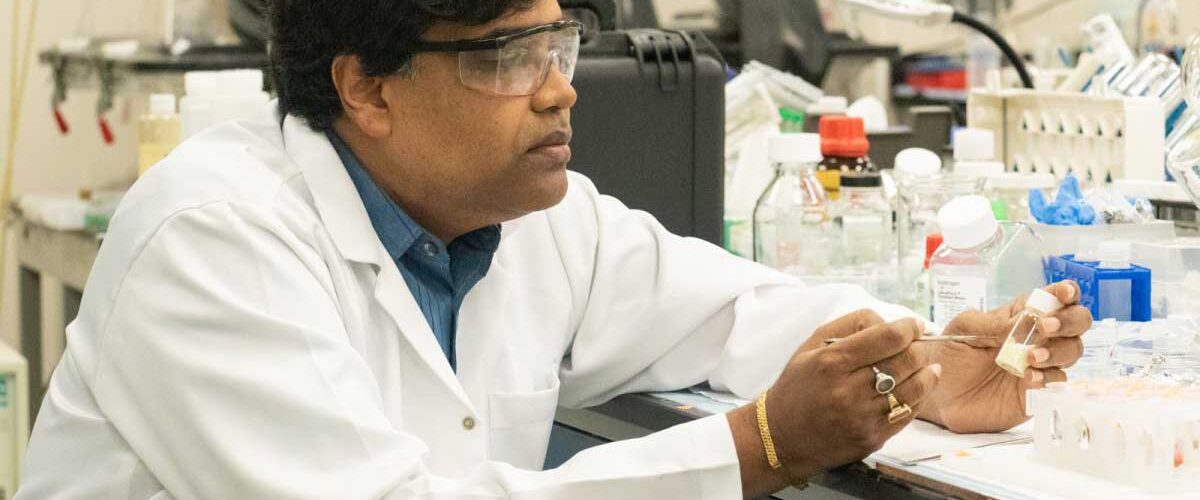ORLANDO, Fla. (Ivanhoe Newswire) – COVID-19 first hit the news more than three years ago. But since those first reports, we’ve learned so much about the virus. Science now tells us it can survive up to 72 hours on plastic and stainless-steel surfaces, and can live 24 hours on cardboard. The findings suggest that you don’t have to come into contact with a person who has it, but by simply touching contaminated surfaces, you can come down with COVID. That’s why researchers are now developing new ways to kill COVID before it comes into contact with people. Nano-Coatings Wipe Out.
We spent months spraying and cleaning every single surface and handle we could find.
A team of University of Central Florida researchers – that included biomedical and material scientist Sudipta Seal, PhD and material scientist Craig Neal, PhD – stepped up to the challenge and created a nano-based disinfectant that can kill several viruses, including COVID-19.
“When you shrink a material down to nano dimensions, they have unique physical chemical properties. The nano material itself has this antiviral property,” Neal explained to Ivanhoe.
The particles are so small, it would take 100,000 of them to be as thick as a single strand of human hair. They’re combined with silicon dioxide to make a synthesized silk patch.
The nano-coating uses regular everyday white light to generate UV light and destroy the virus. Originally designed for protective equipment like gloves, facemasks, and visors, now, these researchers believe this coating would work just about everywhere.
Professor Seal adds, “I would see coating door handles, countertops, hospitals, and so on.”
The team at UCF is working to create a spray for another material. They are testing it on up to seven other types of viruses and believe it can be easily and quickly tweaked to combat any new pathogens that are found.
Published by Ivanhoe Broadcast News. Also featured in UpMatters, 16 News Now and WILX 10.
